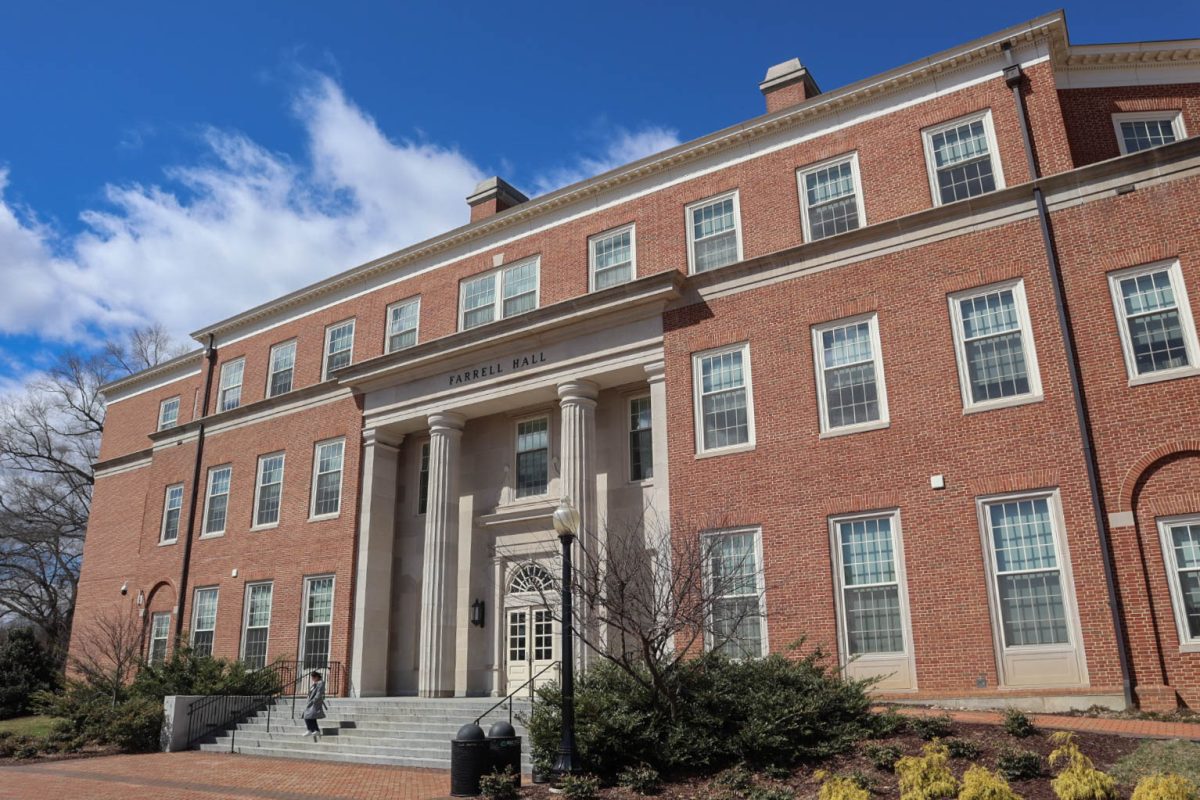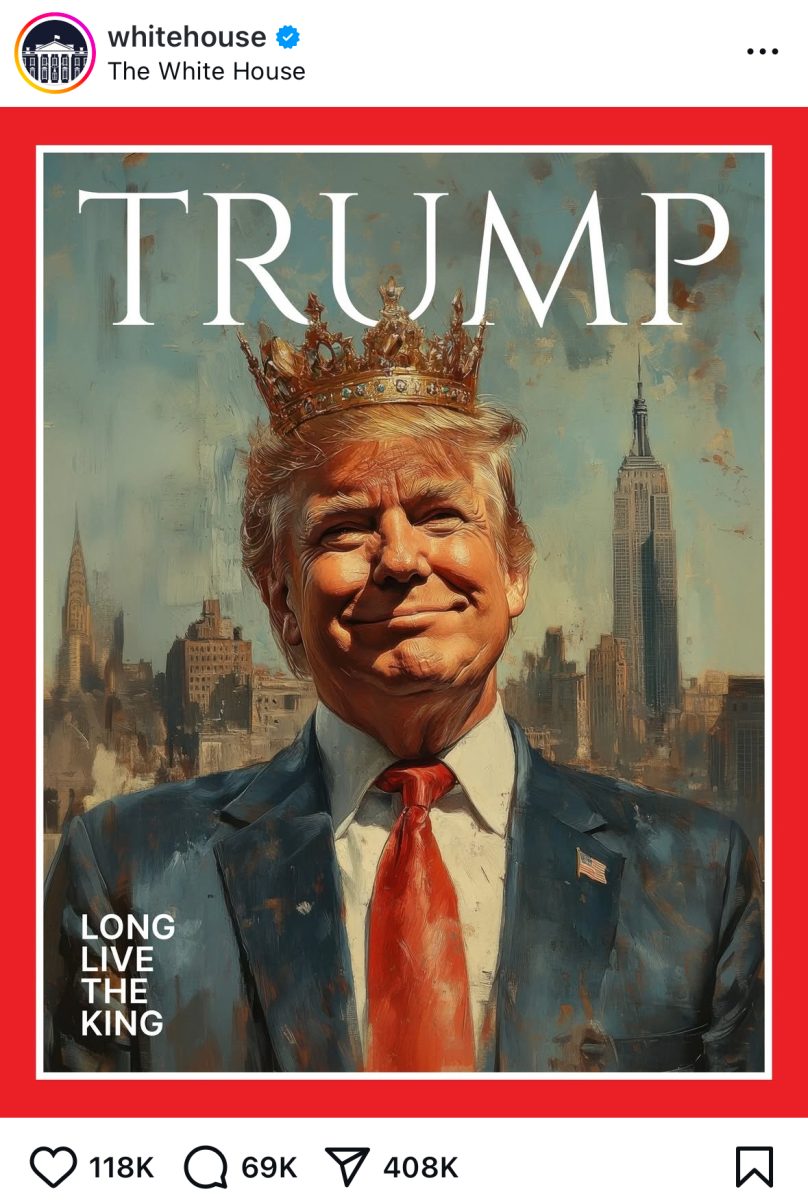Recently, someone told one of my best friends that they were surprised we were so close. After a reportedly awkward silence, my friend asked why and received the response: “Oh, because Olivia is so political!”
When this interaction was relayed back to me, I admittedly couldn’t stop laughing. From my perspective, it was easy to find the comedy in this: my friend is actually quite knowledgeable about current politics (she would shoutout Michael Barbaro’s The Daily podcast here), and I also don’t consider myself to be extremely public with my political opinions (unless you follow my Twitter or bring up the Democratic presidential primary after I’ve had a few drinks). So, it was not only a weird thing for someone to so blatantly state, but it was also pretty much wrong.
After the giggles subsided, I started to feel a bit more uncomfortable with what this person said. Now, this isn’t resulting from the fact that they questioned my friendship — people with extremely different interests can definitely still be friends, so on that level their statement is pretty much void — but because of their use of the phrase “so political.”
I began to think, what does it mean to be “political”? If I am a cookie-cutter example of the term, then it includes studying politics, generally enjoying the subject outside of the classroom and feeling passionate about issues in our government and society. However, this definitely is not, and should not, be the way that we think about the quality of being political — it should equate to a necessary social awareness that all humans are capable of, rather than some sort of niche, intellectual activity.
As to not get too deep into any of the specifics, all I will say here is that literally everyone in America knows how polarized our country’s politics are right now. You could probably ask a toddler about Donald Trump and get somewhat of a cogent response. So, one would think that this universal awareness would lead to some form of opinion-making from all citizens. However, this is not the present case, which is why I am always disgustingly unsettled when people say they “don’t care about politics.” Or, as that person was insinuating, it is a special personality trait to be “political.”
To be clear, I am not offended that these self-proclaimed neutrals never took Introduction to American Government or don’t have CNN notifications on their phone. On the other hand, I am frustrated that a connection cannot be made between politics and one’s everyday life. When so many parts of our lives are intertwined, how can people find it so easy to separate the everyday from the moral, and the moral from the political? In some ways I understand the disconnect. Spending every second of every day thinking about the current state of domestic and global politics is bound to give anyone a heart attack. However, this doesn’t mean that you can’t engage with the world around you. When you zoom out just a little bit from day-to-day life, government, society and politics are a part of everyone’s existence in some capacity.
The late James Baldwin wrote that “it is the innocence which constitutes the crime.” It is not only necessary to be aware of current events, but to internalize them and produce a point of view. This cannot happen without effort, but that is not to say that it requires some sort of special background. It is in our nature to value certain things and to only make judgements based on those values. Politics does not exist in the bubble of Washington, D.C. It is everywhere, a pervasive force that defines almost every aspect of our life in society. So, being “political” ultimately just means being aware of, and internalizing, one’s own socially-bound existence.
Sorry to break it to you, but you are definitely just as “political” as I am. The only thing to do is take charge of this reality, and embrace that it is an inextricable part of the human experience. Read a book. Watch the news. Figure out who your representative is. Talk to a neighbor. Do it all. Or don’t. Just promise me that you will care, because not doing so is the ultimate failure to both yourself and your society.

















